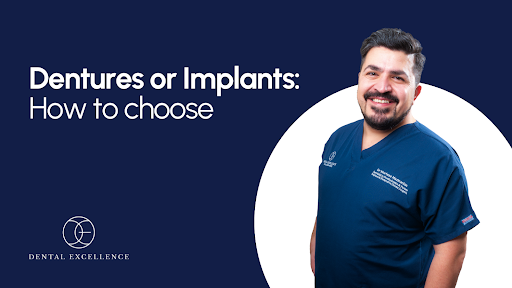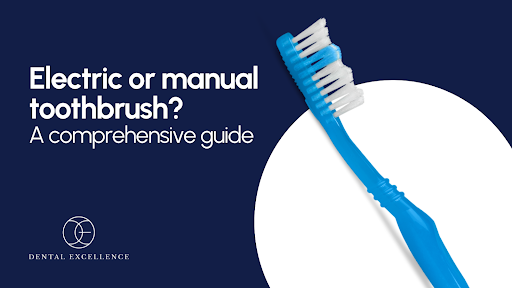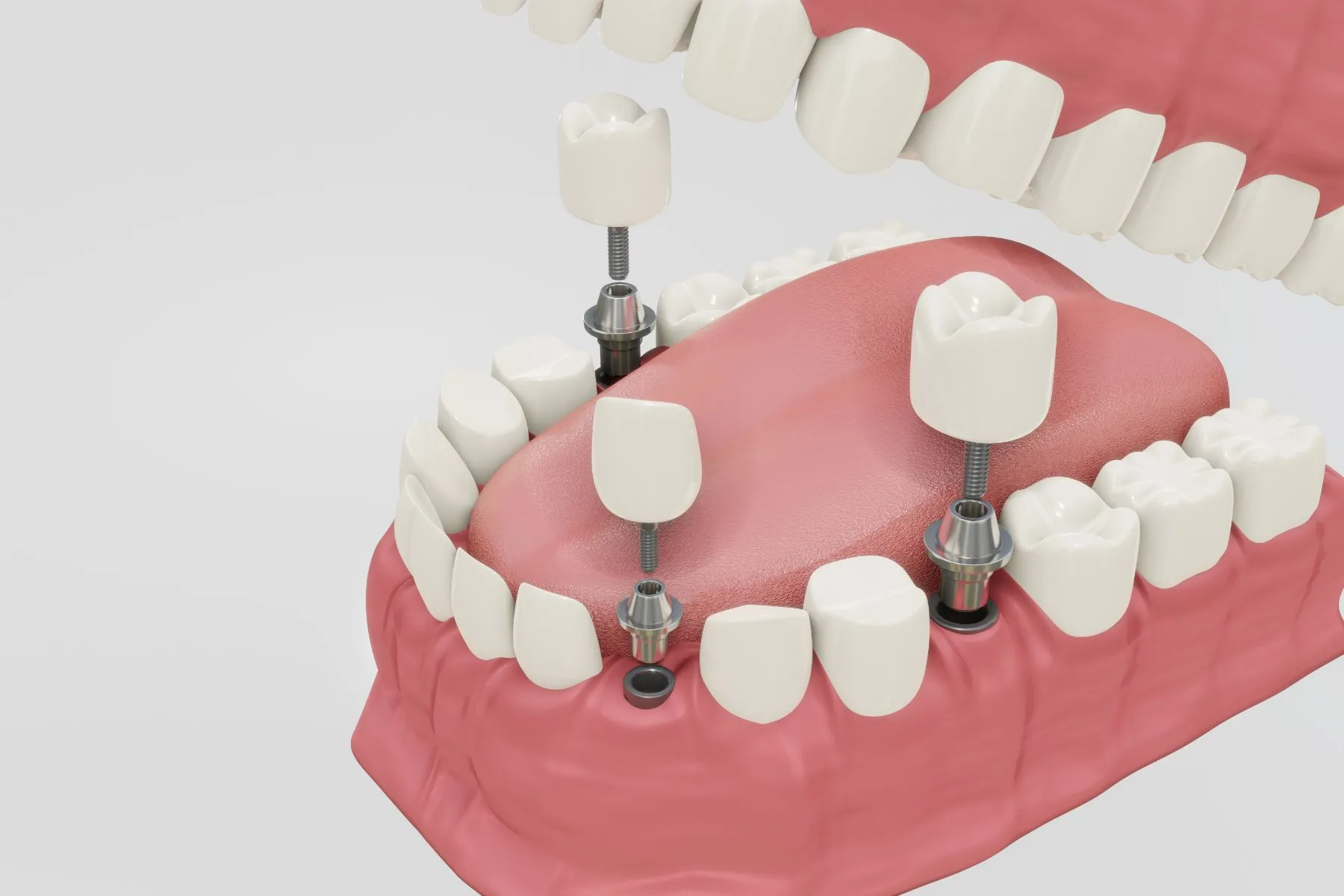If you’re considering tooth implants and have concerns about receding gums, you’re certainly not alone. Many individuals grapple with similar worries, especially when thinking about a procedure that could transform their smile. Understanding the connection between gum health and dental implants is essential for making informed decisions about your oral care.
In this article, we will dive deep into the topic of dental implants for individuals with receding gums, addressing common concerns, potential treatments, and what you can expect throughout the journey. Our aim is to provide you with the valuable information you need to feel empowered about your dental health.
Understanding receding gums
Receding gums occur when the gum tissue that surrounds the teeth pulls back, exposing more of the tooth or even the tooth’s root. This condition can arise for a variety of reasons, including gum disease, aggressive brushing techniques, hormonal changes, and even genetics. If you’ve noticed your gums receding, you might be feeling anxious about the implications for your oral health. It’s important to remember that this is a common issue affecting many people at some point in their lives.
As your gums recede, the area where your tooth meets the gum can become increasingly vulnerable to bacteria, which could lead to further dental problems. This might feel overwhelming, but the good news is that there are solutions available to help you address these concerns.
You may have experienced some discomfort or self-consciousness regarding your gum health, and it’s completely normal to have these feelings. It’s essential to approach your dental care with compassion for yourself. Understanding that you’re not alone in this journey can provide some comfort.
The role of gum health in dental implants
When considering dental implants, it’s crucial to recognize that the success of these implants is significantly influenced by the health of your gums and surrounding bone. For dental implants to integrate effectively with your jawbone, there must be sufficient bone density and gum support. You might be thinking that this sounds daunting, but rest assured that, with the right treatment and care, many individuals with receding gums can still enjoy successful implant outcomes.
If you have receding gums, it’s essential to assess the severity of the recession. Mild cases may not pose significant challenges to your eligibility for implants, while more severe cases might require additional steps. Your dentist will conduct a thorough evaluation of your gum health through clinical examinations and imaging techniques. This assessment is vital, as it helps you understand the necessary steps to prepare for a successful implant procedure.
Can you still get dental implants with receding gums?
Absolutely, you can still receive dental implants even if you have receding gums. It’s a common misconception that gum recession automatically disqualifies you from getting implants. The primary consideration is the extent of the gum recession and the overall health of your mouth. Many patients have successfully undergone implant procedures despite experiencing some degree of gum recession.
If you’re feeling hesitant about the procedure, you’re not alone. Many people share similar concerns when facing dental work, especially when it involves surgery. It’s completely natural to feel anxious about potential discomfort or the outcome. However, you can take comfort in knowing that your dentist is here to support you throughout the entire process, addressing your concerns and ensuring you feel informed and comfortable at every step.
In many cases, it’s possible to restore gum health before proceeding with implants. Your dentist may recommend several treatment options to ensure a successful outcome. These treatments could include a thorough cleaning to remove any plaque or tartar buildup, scaling and root planing to smooth out the roots of your teeth, or even a gum graft if necessary. By proactively addressing any underlying issues, we can help create a healthy foundation for your implants.
Taking this proactive approach is vital for ensuring that you can achieve the smile you desire. Healthy gums provide the support your dental implants need for optimal stability and longevity. With the right care and planning, you can enjoy the benefits of implants, which include improved functionality, enhanced aesthetics, and a boost in self-confidence.

Treatment options for receding gums
If you have receding gums, the first step is to explore the treatment options available to improve your gum health before moving forward with dental implants. Here are some common treatments that can help:
1. Scaling and root planing
This deep cleaning procedure effectively removes plaque and tartar buildup from beneath the gumline. By addressing inflammation and bacteria, scaling and root planing can promote healing of your gums and enhance your overall oral health. Many patients report feeling a significant improvement in their comfort after this treatment, which can lead to increased confidence in their smile.
2. Gum grafting
If your gums have receded significantly, your dentist may recommend gum grafting. This procedure involves taking gum tissue from another area of your mouth or using donor tissue to cover the exposed roots. This not only enhances the aesthetic appearance of your smile but also strengthens the gum tissue around the implant site. Many patients find that this treatment provides them with a sense of relief, knowing that their gum health is being prioritized.
3. Pinhole surgical technique
For those seeking a minimally invasive option, the pinhole surgical technique offers a gentle solution. This approach involves making a small hole in the gum tissue to reposition and reshape the gums over the exposed areas. This technique often results in less discomfort and a quicker recovery compared to traditional grafting methods, which many patients appreciate. If you’re concerned about discomfort, this innovative option may be a good fit for you.
4. Bone grafting
In cases where gum recession has resulted in bone loss, bone grafting may be necessary to build up the jawbone before placing implants. While the idea of bone grafting may sound intimidating, many patients find that the benefits of dental implants far outweigh the temporary discomfort associated with the procedure.
Consultation with your dentist
Before making any decisions about dental implants, it’s essential to have a thorough consultation with your dentist. They will assess your gum health, bone density, and overall oral condition to determine the best approach for you. This is your opportunity to share any concerns you may have and ask questions about the procedure.
Remember, your dentist is there to provide support and guidance, helping you navigate the complexities of your oral health. Knowing that you have a partner in your dental journey can alleviate some of the anxiety you may be feeling.
What to expect during the implant process
Once your gums are healthy and your dentist determines that you are a suitable candidate for dental implants, you can expect the following steps.
1. Implant placement
The first step involves placing the dental implant into your jawbone. This procedure is typically performed under local anesthesia, ensuring your comfort throughout the process. Many patients find the procedure to be less daunting than they anticipated, often reporting minimal discomfort during and after. After the implant is placed, you may need to allow several months for osseointegration, a process in which the bone fuses with the implant.
2. Abutment placement
After osseointegration is complete, your dentist will attach an abutment to the implant. This abutment serves as a connector between the implant and the replacement tooth. Your dentist may also take impressions at this stage to create a custom crown. This step is often exciting for patients, as it brings them closer to achieving their new smile.
3. Crown placement
Once your abutment is in place, your dentist will attach the final crown. This crown is designed to blend seamlessly with your natural teeth, restoring both your smile and functionality. Many patients find that this final step is incredibly rewarding, as it often transforms not only their smiles but also their overall confidence.
Aftercare for dental implants
Proper aftercare is crucial for maintaining your oral health and ensuring the longevity of your dental implants. Here are some essential tips.
- Maintain good oral hygiene by brushing and flossing regularly. This routine is vital for keeping your gums and implants healthy. Remember, the effort you put into your daily care will pay off in the long run.
- Attend regular dental check-ups to monitor the health of your gums and implants. These visits are an excellent opportunity to ask questions and stay informed about your oral health. Your dentist is there to support you, and proactive check-ups can help catch any potential issues early on.
- Avoid hard or sticky foods that could damage the implants. Listening to your body and giving yourself time to adjust to your new smile is key. This is a time to be gentle with yourself as you navigate your new dental journey.
- Report any unusual symptoms, such as pain or swelling, to your dentist promptly. Your dentist is there to help, and early intervention can often prevent more significant issues. Trusting your instincts and seeking help when needed is a crucial part of maintaining your oral health.
Frequently asked questions about dental implants with receding gums
1. Will I need a bone graft before getting dental implants?
It depends on the extent of bone loss due to gum recession. Your dentist will evaluate your bone density and determine if a bone graft is necessary to provide adequate support for the implant. Understanding your unique situation will help you feel more at ease about your treatment.
2. How long does the dental implant process take?
The entire process can take several months, as healing time is required between each stage. However, your dentist will provide you with a personalized timeline based on your specific situation, helping you plan accordingly. Knowing what to expect can alleviate anxiety and help you feel more in control.
3. Can I still have dental implants if I have gum disease?
If you have gum disease, it’s essential to treat the condition before proceeding with implants. Gum disease, which can manifest as redness, swelling, or bleeding of the gums, can significantly impact your oral health and the success of dental implants. Left untreated, gum disease can lead to further complications, such as tooth loss and bone deterioration, which can compromise the stability of your implants.
Your dentist will work closely with you to improve your gum health and ensure a successful outcome. This collaborative approach is key; your dentist will conduct a thorough examination to assess the extent of your gum disease and recommend a personalized treatment plan tailored to your specific needs. Treatment options may include professional cleanings to remove plaque and tartar buildup, scaling and root planing to clean below the gum line, or even antibiotic therapy if necessary.
It’s important to understand that addressing these issues upfront not only helps improve your overall oral health but also enhances the likelihood of a successful implant placement. Healthy gums are vital because they provide the necessary support for dental implants, allowing them to integrate properly with your jawbone.
Taking the time to treat gum disease before getting implants is an investment in your long-term dental health. Not only will it increase the chances of a successful implant procedure, but it will also contribute to the longevity and stability of your new teeth. By ensuring that your gums are healthy, you can enjoy the benefits of implants, such as improved chewing ability, enhanced aesthetics, and increased self-confidence.
Your dental team is here to support you every step of the way. They will guide you through the process, answer any questions you may have, and provide you with the tools and resources needed to maintain good oral hygiene.
4. What if I have a history of gum recession?
If you have a history of gum recession, it’s very important to discuss this with your dentist. They will assess your current gum health and may recommend treatments to address any issues before placing implants. This proactive approach can make a significant difference in your experience.
5. Are dental implants permanent?
Yes, dental implants are designed to be a long-term solution for tooth loss. With proper care and maintenance, they can last for many years, providing you with a beautiful and functional smile. The peace of mind that comes with knowing you have a reliable solution is invaluable.
Final thoughts about dental implants with receding gums
If you’re considering dental implants but are concerned about receding gums, it’s essential to know that there are many options available to help restore your oral health. By addressing gum issues before placing implants, you can achieve a successful outcome and enjoy the benefits of a restored smile.






